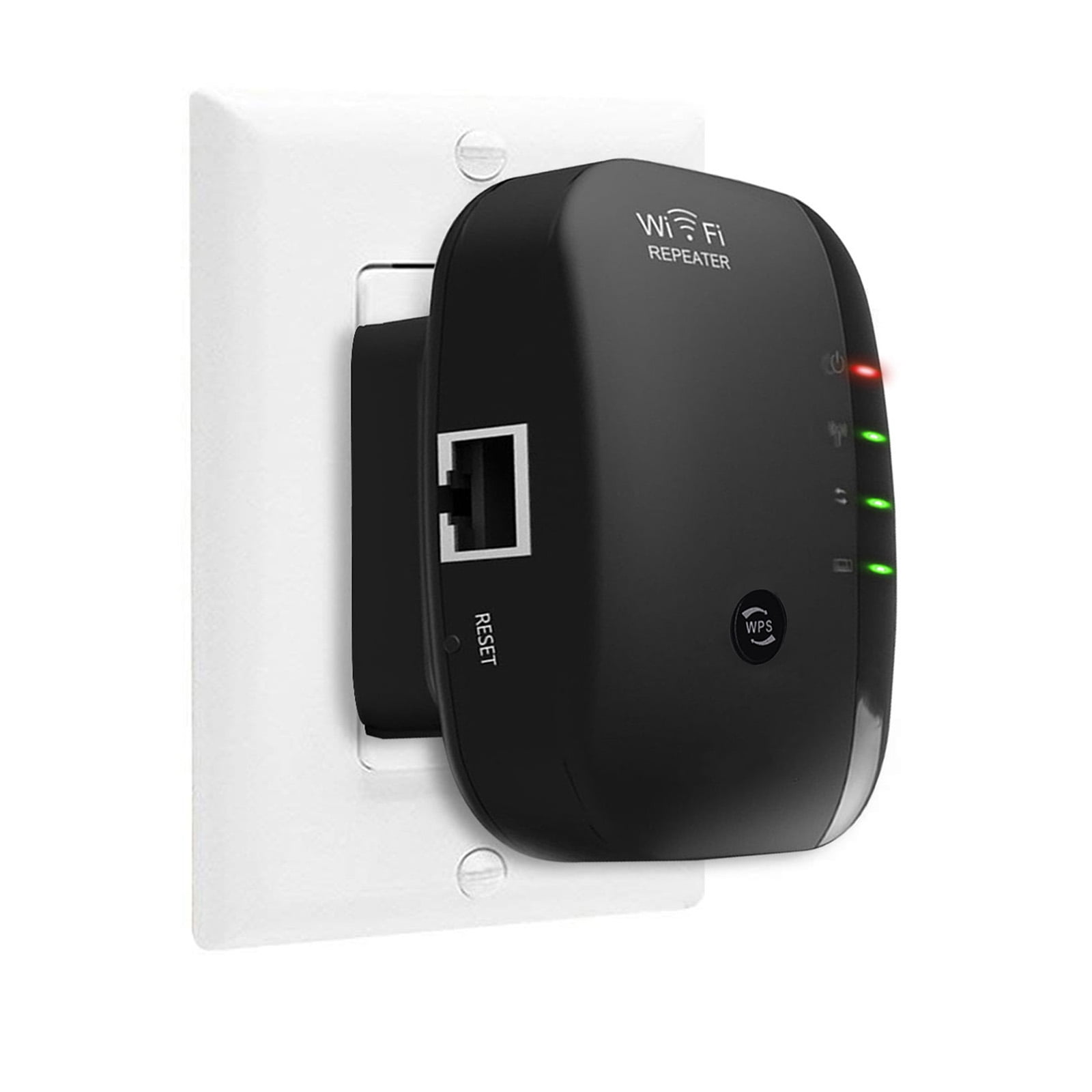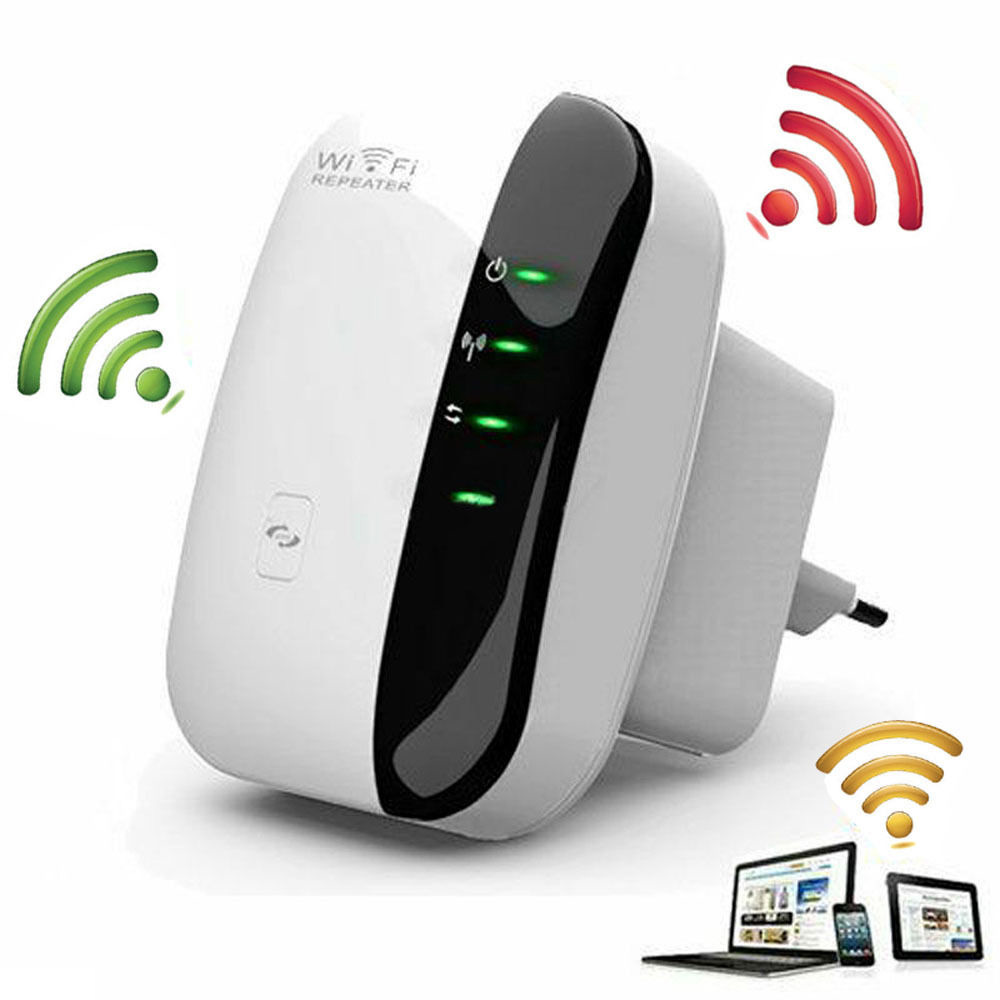
It should also stabilise your router.Ī mesh network should ensure that you have a vast, seamless network which doesn’t ever cut out, because if one of the nodes goes down, the other two will be able to handle its load until it is back online. These work by having various ‘nodes’ scattered around your home (normally they come in boxes of three but you can get as many as you need.) The first one connects to your current router to create a network, then the other nodes act as additional routers to ensure you’ve got the same fast signal being broadcast from each. Mesh networks should, in theory, mean your WiFi never cuts out again. They can also slow down your signal because they talk to your devices on the same channel as they get information from the router. That’s why they’re both being phased out in favour of a much more powerful solution. However, these new networks can be liable to fall victim to the same problems as your original network: thick walls, big furniture, or even copper pipes can disrupt them and reduce their signal. A powerline adapter will only work if your house uses one circuit. If you’ve got a different circuit on different floors of your house, for example, you'll need a different solution.īoth of these options work by creating a brand new signal usually with its own network name. That’s not usually something you need to worry about. Unlike a repeater, the signal will not lose strength no matter how far it is from your router. The WiFi signal will piggyback on your electrical wiring to reach any part of the house you like. You plug the first one into a power socket near your router, and the second one wherever in the house you like. This is usually a set of two or more units. A repeater can only repeat the signal it receives if it is receiving a weak signal it can only rebroadcast a weak signal. They work reasonably simply: you plug in a repeater and it will pick up the WiFi signal from your router, copy it, and rebroadcast it to new corners of your house. How do WiFi extenders work? | Repeaters vs. Before we get to the nitty gritty of the products, then, here's a quick primer on the types available. So, which WiFi booster should you buy? To answer this, I've tested and reviewed the best out there – and in doing so, learned that before you can make your decision, you'll need to decide which type you're looking for.

To help you out on this front, I've written a glossary at the end of this article. I write about this stuff for a living and even I struggled occasionally. The process of setting up your device can be an exercise in how many technology acronyms you can remember. It's also worth noting that this is a subject mired in jargon. Cheap devices often require a lot of fiddling on a recurring basis. As with many things in life, I've found you get what you pay for. These can boost the signal and, in some cases, even stabilise your existing WiFi connection.Įxtenders range in price from less than £20 to over £300, depending on how wide the area you need to cover is. For those who live in big houses, or houses with thick walls, receiving signal in all corners of your home can be problematic.

However, the humble router can only cast its WiFi net so far. Add in your gaming setup (or your children's) and an excellent internet connection is essential. With home working from becoming the norm, there's more need than ever for a reliable laptop, as well as a separate keyboard, wireless mouse and printer to complete the 'home office' setup. Increasingly, we depend on the internet in every room in the house, to connect our smart devices, be they phones, tables or toasters. If you want a guaranteed strong internet signal, then the wired best ethernet switches (opens in new tab) would be your best bet, specifically when paired with the best home computers (opens in new tab) and best laptops (opens in new tab).Having a good, reliable WiFi signal at home has never been more important.

Save yourself from the frustration of poor-quality Zoom calls, never-ending internet loading screens, and laggy game connections with one of the best WiFi boosters from this helpful guide. You also have the option of beating those WiFi dead spots with plug in socket WiFi extenders. Some of the best WiFi boosters are simply wireless signal extenders, whereas others send signals over the powerlines of your home.

If you’ve decided that you already have decent WiFi in your home and you want a booster to extend the signal, next you need to consider which type of WiFi booster is right for you.
#BEST HOME WIFI BOOSTER UPGRADE#
Firstly, you want to make sure that you have one of the best wireless routers to ensure you have a good starting signal – you might find that an upgrade here will fix your WiFi woes and you won’t need to spend extra cash on one of the best WiFi boosters.


 0 kommentar(er)
0 kommentar(er)
